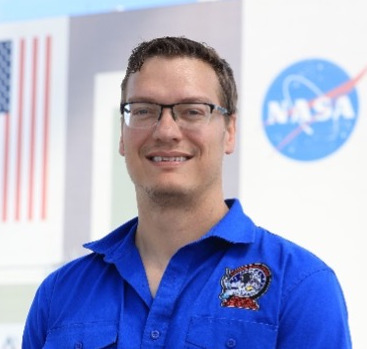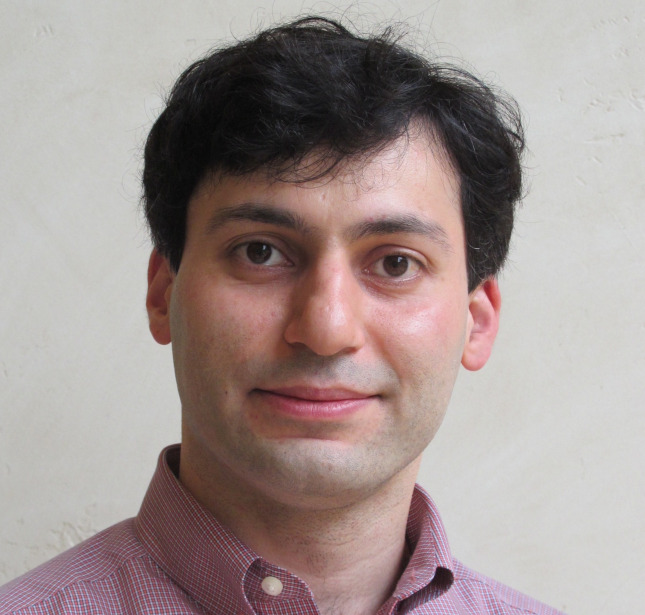Dr. Kursat Kara is the principal investigator of the Kara Aerodynamics Research Laboratory at Oklahoma State University, where his pioneering research in aerodynamics and computational fluid dynamics has secured funding from leading agencies, including NASA, NSF, NASA-EPSCoR, and the U.S. Navy Naval Air Systems Command (NAVAIR), as well as industry partners such as Ansys. As an educator, he teaches courses in Fundamentals of Aerodynamics, Unsteady Aerodynamics, Data-Driven Methods in Aerospace Engineering, Computational Fluid Dynamics, and Quantum Computing, blending cutting-edge research with classroom instruction.
Dr. Kara earned his Ph.D. in Aerospace Engineering from Old Dominion University, where he investigated hypersonic boundary-layer receptivity to acoustic disturbances over conical surfaces. Early in his career, he gained practical experience as a research engineer at New England Analytics LLC—a consulting firm for Sikorsky Aircraft Corp.—before advancing to a postdoctoral position at Penn State’s Aerospace Engineering Department. In collaboration with Professor Philip J. Morris, he conducted innovative supersonic hot jet simulations for aeroacoustics. In 2010, Dr. Kara became a founding faculty member of the Aerospace Engineering Department at Khalifa University, where his teaching excellence was honored with the President’s Faculty Excellence Award for Outstanding Teaching in 2015. He joined Oklahoma State University in August 2019, where he continues to advance research and education in aerospace engineering.
Dr. Kara is an active member of the American Institute of Aeronautics and Astronautics (AIAA) and the American Physical Society (APS). He contributed to the AIAA Applied Aerodynamics Technical Committee (APATC) from 2012 to 2021, serving on both the Membership and Education subcommittees. In addition, he serves on the editorial board of Scientific Reports, is a member of the NSF ACCESS Allocation Committee, and has reviewed for the Naval Research Laboratory Postdoctoral Fellowship Program. His leadership in high-performance computing is further demonstrated by his participation in the NCAR HPC User Group and his role on the executive committee of the National Energy Research Scientific Computing (NERSC) User Group.

































































%20Moghadam.jpg)


















%20Chaback.jpg)















